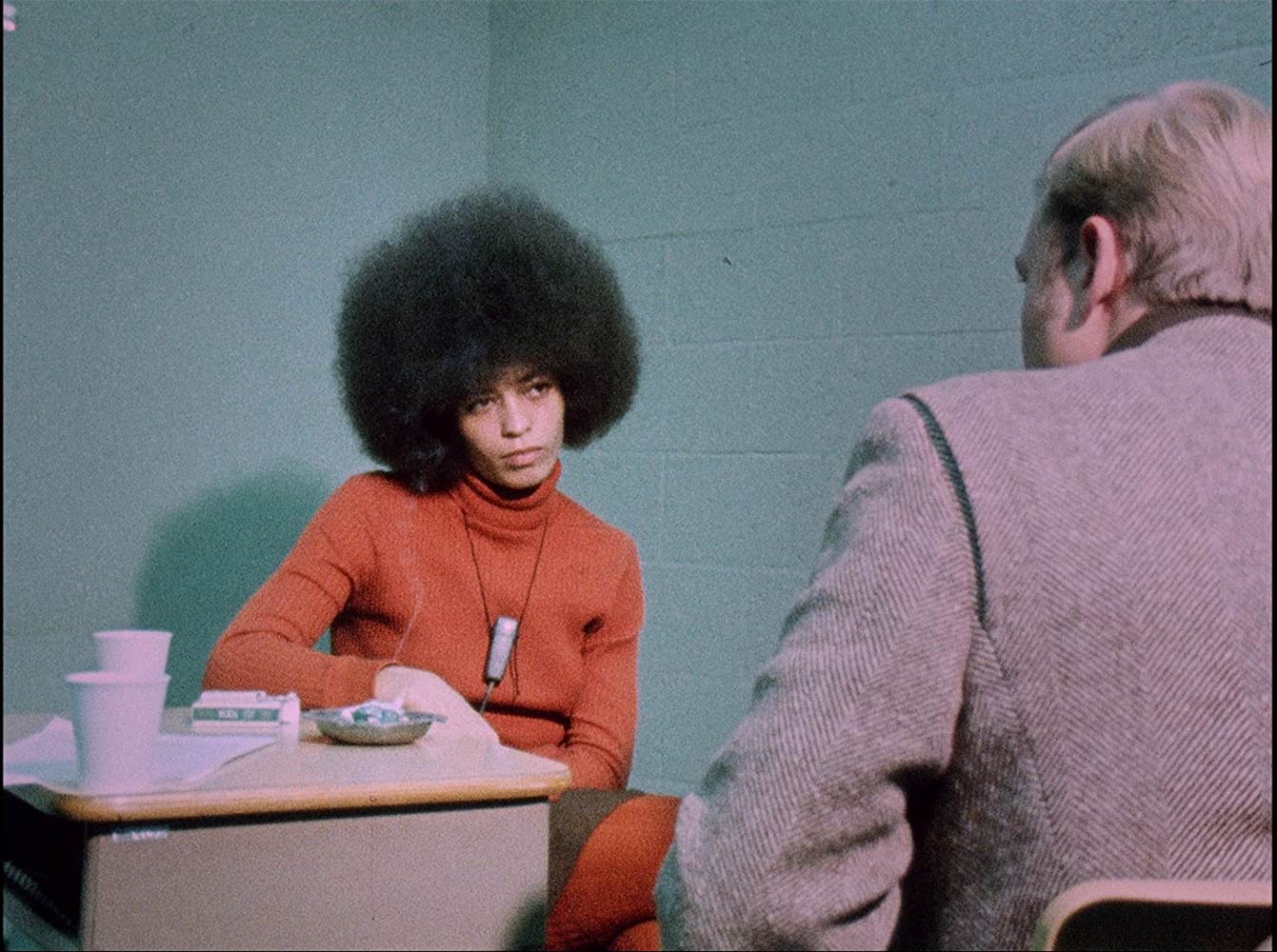
It's been over a year since Elijah McClain was killed by law enforcement and just under 3 months after George Floyd was murdered at the hands of police. The officers who killed Breonna Taylor still walk free, and two days ago, on August 23, yet another video began to circulate the internet as a Black American by the name of Jacob Blake was shot by police officers as his children watched from their car seats, and is now in critical condition.
The death of Floyd, Taylor and Ahmaud Arbery sparked global outrage and ignited the Black Lives Matter movement in the largest iteration we've ever known, urging many white and non-black people to embark on an anti-racism journey in the name of racial justice. This week has been a harrowing reminder that the work that needs to be done doesn't have an endpoint and certainly doesn't have any room for days off. In light of this, we thought it could be helpful for those of us committed to doing anti-racism work to compile a list of ways you can check in with your progress.
On social media
Social media can be an effective tool for encouraging anti-racism work so long as you are looking beyond your Instagram feed for additional resources/action steps. make sure your feed continues to remind you of the work that needs to be done and points you in the direction of doing so. If your feed has returned exclusively to sunsets and food (which we love in moderation) consider another following overhaul to encourage keeping your foot on the gas.
On redistributing funds
If you're in the position to use your money as a political statement, this can be a huge tool in uplifting oppressed communities and minorities. Check-in with yourself on the ways you're doing this in everyday life. If donating periodically isn't realistic for you, consider how you're spending extra money outside of this, are you supporting small BIPOC owned businesses where possible? Are you making a considered effort not to shop with companies that don't align with your values and directing these funds elsewhere?
On political involvement
If you're living in a democratic country, the chances of you enacting change by using your vote carries weight. It's important to be across local and national events where your vote will be considered in order to see changes on macro and micro levels, and staying informed on legislation is key to a powerful vote. Not to mention, the more information you have, the more you can encourage your friends to do use their votes meaningfully, too.
On resources
This point is key to your own growth and education, and the ability to educate others to take the burden off of BIPOC who are likely both tired and triggered when asked to explain why something is insensitive, offensive, or dangerous. Are you still consuming media that further this education? Are you still watching, reading, and/or listening to resources that further your knowledge on the topic? If no, consider re-implementing these things. As a bonus, buying reading material by Black educators or watching/listening to things created by Black creatives functions as another form of support.



